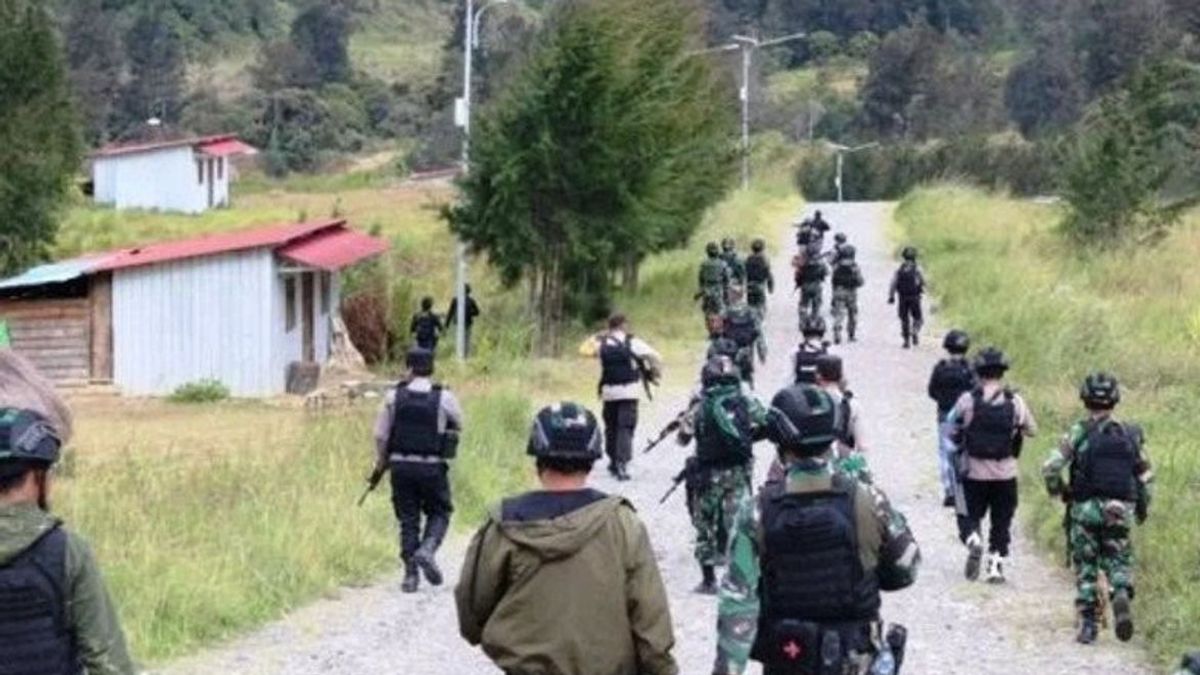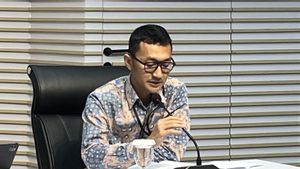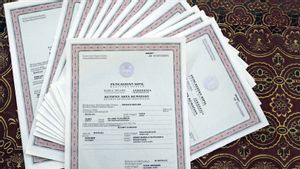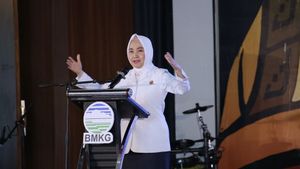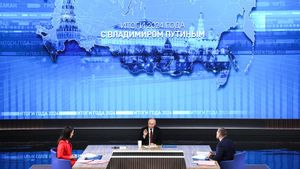JAKARTA - Military observer Sidra Tahta Mukhtar thinks the government must take a humanist approach to solve the Armed Criminal Group (KKB) problem in Papua. According to him, an exaggerated military approach would actually make the conflict more and more prolonged.
He gave an example of the way the 4th President of the Republic of Indonesia Abdurrahman Wahid aka Gus Dur dared to bridge the problems in Papua. Although he had received a refusal to set foot on the land of Cenderawasih, Gus Dur opened a space for dialogue that prioritized building mutual trust with the Papuan people.
Even in his brief leadership, Gus Dur left a deep positive mark on the Papuan people.
"Indeed, from the start, the concept of coping with Papua, at least since the Gus Dur era, wanted to prioritize a humanitarian approach and an approach based on local identity. That's why even a typical Papuan flag can be raised", said Sidra to VOI, Wednesday, May 5.
According to Sidra, it is rather difficult to implement a legal coping system or violations of sovereignty or other crimes in Papua. Thus, acts of violence like now are not easily termed acts of terrorism handled by the Police but the TNI (Indonesian Army).
"Well, we used to discuss with Mr. Tito when he was the National Police Chief. He said that even though the escalation leads to the threat of state sovereignty, which means that it is a portion of the TNI's role but still says it is a law violation phenomenon, hence the name KKB", he explained.
Meanwhile, groups like this in Papua, continued Sidra, have entered the 6th or 60th generation after independence, who perceive themselves that indigenous Papuans (OAP) have been labeled as objects of state discrimination for a long time.
"And that is seen as the role of the TNI in the past. That's why the first words of the Papuans, especially the 6th generation, are 'we are not treated humanely, there have been extraordinary human rights violations', and that has never been an objective trial in their eyes", said Sidra.
Even in the United States, said Sidra, the intensity of the discussion on Papua is very high for a country that has international attention.
Therefore, Sidra reminded the government's mindset if it wanted to defend Papua by embracing it without using a military approach that was too dominant.
"Maybe it needs gradual gradation (slow dialogue, red)" he said.
Sidra gave an example, military operations in Aceh and Poso that left trauma. Even though it is over, the former operation is still going on for a long time, maybe it could take a generation to erase the traces of the conflict that affects humanity, or the poso people's perception of the country.
"I am worried that Papua is the youngest province in Indonesia, so pushing for independence also includes the strength of traditional religious leaders. So imagine the two most dangerous dimensions in the world when the religious and ethnic aspects fall into conflict traps. Papua is nationalism. triggered by the perceptions of both identities", said the former expert researcher at the National Counterterrorism Agency.
"Therefore, in my opinion, the military approach should be on a level to overcome. In fact, the basis of the problem now is hidden trauma. This is what makes it difficult", continued Sidra.
Sidra is also worried that the elimination of the KKB will become widespread. Because the assumption of normal people is that fighting is the military facing combatants who claim sovereign territory. However, ordinary citizens are even seen as combatants, let alone what has become unique is being labeled as separatist terrorism.
"Papua has a different context, there is a long process going on. Handling is not the same as in other regions in Indonesia so that it accumulates resistance. This resistance in the context of the state is right to be present to provide security and prosperity to build education. That is violence against violence. It is better if violence is countered by the presence of an ideal state role", he explained.
Once again, added Sidra, the handling of the Papuan KKB must reflect the presence of Indonesia as a citizen's servant so that if there is a problem like this in Papua, it must be embraced whatever the conditions are.
"The state has everything to do that. For example, the local government there has the technology, then it has built Papua with a few hundred trillion, now the special autonomy fund is being extended again", he said.
"Thus, in my opinion, it is very necessary to be humanistically approached, not an exaggerated military approach. It is necessary to make Papua a part of Indonesia forever, but if the military later there will be Papuan power globally because of a lot of support (for independence, ed)", said Sidra.
The English, Chinese, Japanese, Arabic, and French versions are automatically generated by the AI. So there may still be inaccuracies in translating, please always see Indonesian as our main language. (system supported by DigitalSiber.id)
